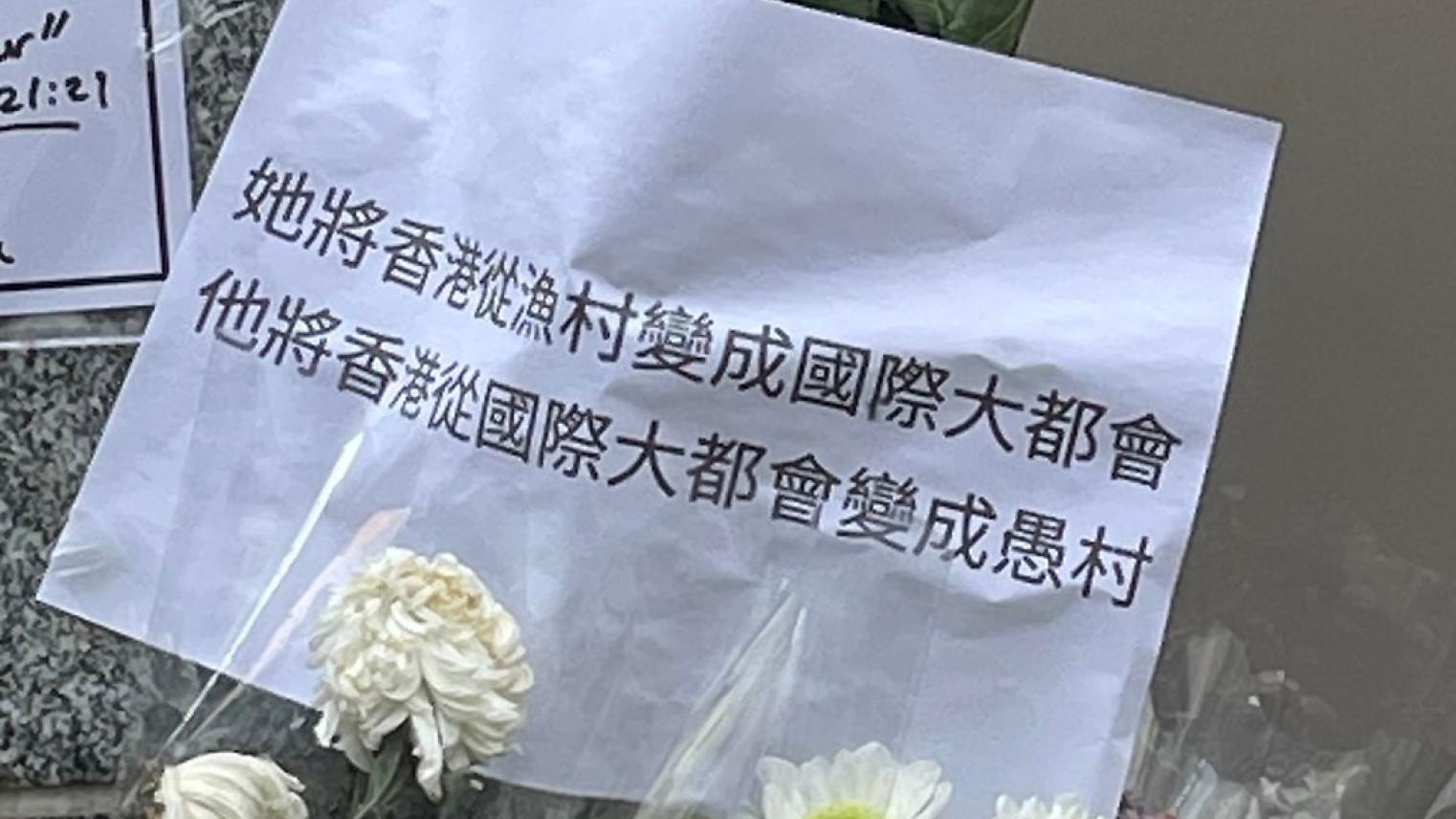Hong Kong’s large-scale pro-democratic and anti-government street protests made media headlines around the world in 2019. The Beijing-Hong Kong authority bypassed Hong Kong’s legislature to impose the draconian National Security Law (NSL) in mid-2020. This resulted in sweeping arrests of prominent pro-democracy figures, politicians and activists. The late 2019 outbreak in Wuhan, China, of what quickly became a pandemic and global health crisis provided the Beijing-Hong Kong authority with the perfect pretext to implement harsh restrictions on public gatherings. Since then, the Authority’s heavy-handed methods have effectively crushed street protests and stifled dissenting voices. The ABC’s Foreign Correspondent program summed up the situation in this way: Hong Kong has turned from a city of protest into a city of fear.
Some theorists consider a civil resistance movement as successful on the condition that the movement achieved its goals decisively within a year during its high point. If that is the case, Hong Kong’s democratic movement might have been a failure. This study argues otherwise: The resistance is still alive even though it has flown under the radar in terms of media coverage. It examines the creative ‘small acts of resistance’ adopted by the protesters under the NSL and group gathering restrictions. These nonviolent acts not only keep the resistance movement alive in Hong Kong when massive protests are no longer feasible, they also reconfirm what a repressive regime will ultimately face. As Egyptian novelist Ahdaf Soueif observed during the 2011 revolution in Egypt, ‘the people—even if they digress onto a side street—will return to insist on their original path and their essential aims'.
About the speaker
Victor Cheng is a visiting fellow in the Department of Political and Social Change. His research focuses on peace negotiations, the diffusion of military technology and military decision-making in modern Chinese history. Victor is the author of the book China between Peace and War: Mao, Chiang and the Americans, 1945–47 (forthcoming, ANU Press).
This study by Victor Cheng argues that the resistance in Hong Kong is still alive even though it has flown under the radar in terms of media coverage.
